There is a world of difference between “living to eat” and “eating to live.” One is done purely for sustenance, and the other is done for the joy of eating an excellent meal, perhaps paired with a fine wine and good company. All too often, Americans find themselves eating to live, whether it’s grabbing a quick bite to eat on the go or eating a sandwich at their desk as part of a working lunch. Those rare occasions when consumers can actually take the time to enjoy their meal deserve something a little out of the ordinary. For more than 30 years, D’Artagnan has provided gourmet meats that help turn a meal into a special occasion.
Fine food has been a part of Ariane Daguin, D’Artagnan’s founder, almost since birth. Her father, André Daguin, is one of France’s most acclaimed chefs and an acclaimed master at foie gras, which is made from duck liver. By the age of 10, Ariane knew how to debone ducks, render duck fat, prepare terrines and cook game birds. When she became an adult, she came to the United States and, after a stint at a pâté producer, launched her own company, bring a little bit of her rural French background to her new home.
D’Artagnan celebrated its 30th anniversary in 2015 and has become a leading supplier of gourmet foods, including French specialties and game meats, as well as top-tier beef and chicken products. Every item is produced without preservatives, fillers, antibiotics or growth hormones. Those meat delicacies can be found on the menus of leading restaurants all across the East Coast, and it continues to grow its foodservice and retail market across the United States.
While there are plenty of items in D’Artagnan’s catalog that would be familiar to all Americans, there are also many French delicacies, as well as some items that combine the two — duck hot dogs, for instance. Pâté may be considered a rarity in the United States, but Daguin sees it a bit differently.
“In France, pâté is an everyday thing. Pâté is like meatloaf in America,” she explains. “We just wanted to make it right, that’s all.”
She also wanted to find the type of small farmers that were so prevalent in the region of France where she grew up.
“My father, his father and his father — everybody was looking for the best product possible, and all the farmers were looking to raise the best animals possible,” she recalls. “I tried to find that here and couldn’t find it, and then I tried to mimic it and reproduce it. That’s how it started.”
Thirty years later, and D’Artagnan has a large and growing network of small farmers and slaughterhouses, raising the animals humanely and producing products to the company’s exacting specifications. What started as a supplier to a niche market has grown to include a new headquarters, warehouses across the country, hundreds of employees and sales that topped the $100 million mark for the first time in 2015.
Daguin credits her entire team for helping make D’Artagnan such a success. Last year, the company moved into an 89,000-square-foot location in Union, N.J. last year, leaving a space in Newark that was roughly one-third of the size.
“It’s like we moved into the Taj Mahal,” jokes Andy Wertheim, D’Artagnan president. “By industry standards, it’s small. But from where we came from, it’s thrilling to have a little space.”
Despite the cramped conditions of the former plant, D’Artagnan continued to expand its business and dive into new markets. That diversification should only increase with the added room. Eight to 10 years ago, 90 percent of the company’s business was in foodservice, with a sizable amount in the New York City area. Now, about 65 percent of the company’s sales are in foodservice, with 25 to 30 percent in retail and the rest in e-commerce.
“It’s not that foodservice hasn’t grown dramatically, because foodservice has doubled, but everything else has multiplied as well,” he says.
Similarly, D’Artagnan’s New York business has decreased from about 40 percent of its total to about 20 percent. New York is still a growing market, but the company has expanded across the Eastern seaboard and as far west as Texas. It has added new warehouses in Texas and Chicago to help further businesses in those markets. It has promoted from within as well, adding new members to the management team and adding a new Category Management department to help support the planned growth.
D’Artagnan hasn’t achieved its success by taking short cuts. The standards for its organic products, for example, are stricter than the USDA’s definition of organic, which apart from requiring organic feed, also requires sufficient space and access to the outdoors. D’Artagnan’s Green Circle brand of organic chickens are fed with vegetable scraps from restaurants and farmers’ markets. The practice was noteworthy enough that the chicken was featured on the front page of the New York Times.
“Our organic chicken comes from small farmers. They do have real access to the outside, and the outside is not barren soil. It’s pastured soil, and they have truly space inside the barn. They have the respect that a small farmer can give to a smaller amount of chickens at a time,” Daguin explains. “That’s the difference. That has a price, but that’s the difference. We’re constantly looking for that kind of partner to grow with us.”
D’Artagnan works with a number of small producers, and Daguin said that she gets e-mails weekly from farmers who want to partner with her company. The problem lies with finding small farmers that are close to small slaughterhouses, which are themselves difficult to find in some areas.
“We have bigger and bigger slaughterhouses, and all the small ones close,” she says. “We are driven to have cookie-cutter animals, but that’s a thing we’re fighting now. We try to entice small entities to create small slaughterhouses.”
Food for the inspired & the aspiring
D’Artagnan’s product mix is a combination of the exotic and familiar. Rabbit meat and duck rillettes are sold right along with hot dogs and bacon. Twenty percent of the meat sold is beef, including grass-fed beef and Wagyu beef. The Green Circle chicken has become a popular item as well.
Wertheim says that the company is able to offer both gourmet and familiar products to great success, which has helped transition D’Artagnan from a foodservice supplier to supplier of both restaurants and retail. D’Artagnan can introduce a duck hot dog and a beef hot dog, and while the duck product gets all the attention, consumers will buy the beef product as well.
“Our whole strategy at retail is that it’s great to sell rabbits and guinea hens, but it’s also great to sell bacon and sausages and chicken, too. That’s how our growth has been fueled,” Wertheim says. “Over the last several years, we’ve gravitated from the inspirational chefs to the aspirational home cook, with the retailer being in between. We’ve managed to find a niche for everybody who believes in better-for-you meats.”
D’Artagnan is a leader in foie gras, a product made from duck or goose liver. It has its share of fans in the United States, but it also has been the target of animal activists for what people assume are inhumane animal handling practices. The birds are force fed through a feeding pipe— a process called gavage. At time, sale of foie gras has been banned in places like California and Chicago.
“In my 30-plus years in the business I’ve never seen a bigger disinformation campaign than what I saw over foie gras,” Wertheim states. “The industry is so small, the activists have so much money, and the usage and awareness in America is so small, so who’s going to care?”
Ironically, the bans helped raise an interest, as the company saw an increase in online sales in California after the state banned the product in 2012. That law was suspended in a court ruling in 2015, which is currently being appealed. The Chicago ban lasted from 2006 until 2008, when it was repealed. A number of chefs stood up for the product in both cases, either by criticizing the ban or flagrantly refusing to comply with it. Wertheim points out that since the ban ended in California, sales to the state have never been higher.
Daguin says that the bans over foie gras should be a cautionary tale for the rest of the industry.
“Those activists are for no consumption of meat whatsoever, so we were the easy target,” she says. “Thank God we were able to successfully avert it so far. I don’t think the rest of the industry has understood that yet. They are right behind us.”
She adds that there is not that much difference between the animal rights activists and D’Artagnan, in terms of animal welfare. In fact, Daguin has likely spent more time among the animals than the industry’s critics.
“We’re in the fields constantly, talking with farmers, looking at how they raise animals, giving them suggestions,” she explains. “The only difference, really, between those animal activists that don’t know much about animal husbandry and us is the slaughterhouse. We kill, and they don’t. Up to the slaughterhouse, we have the same goal: to keep the animals happy.”

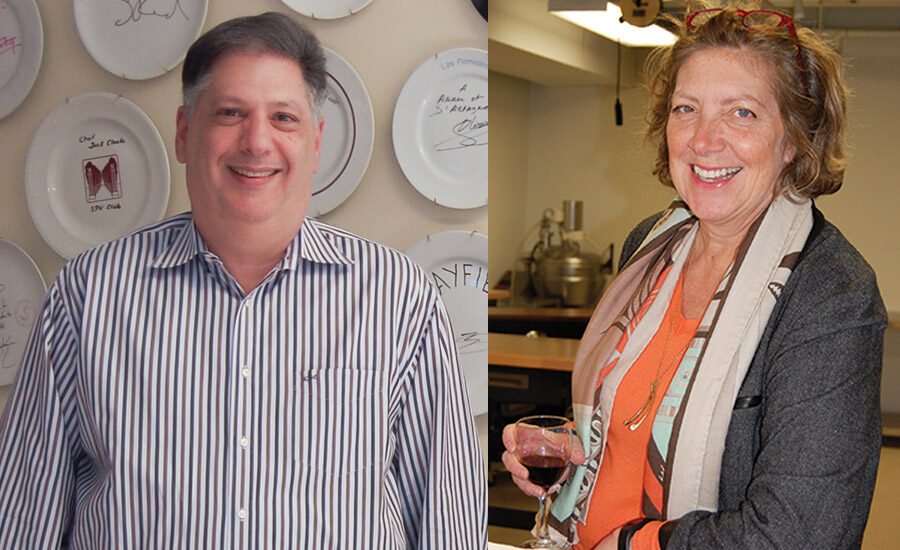
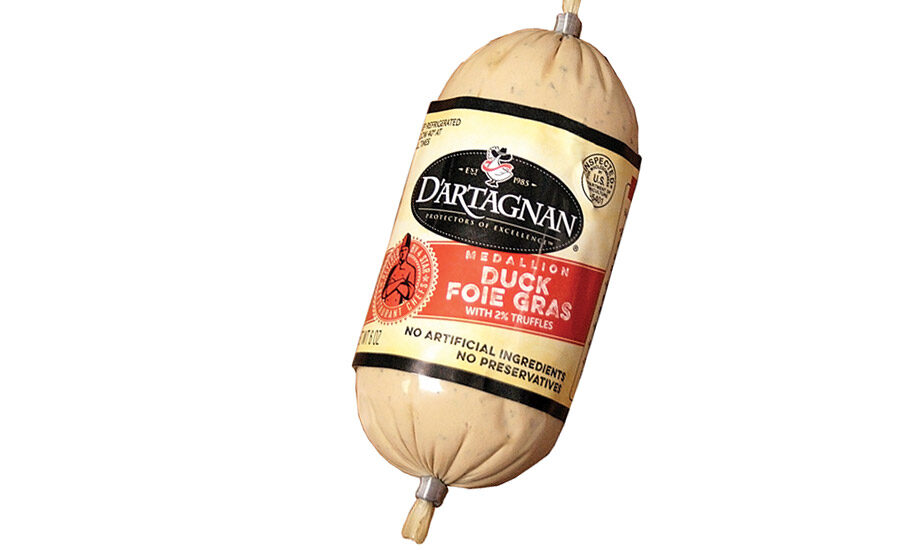
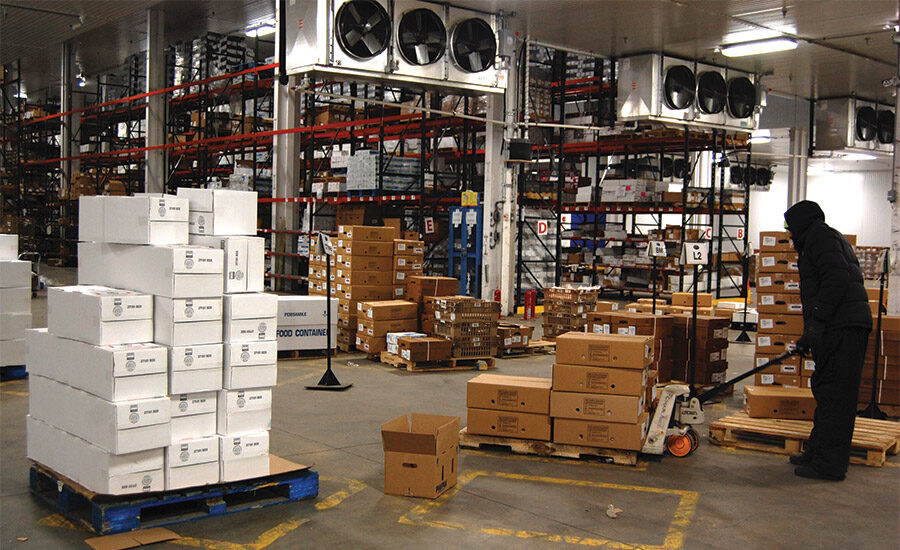
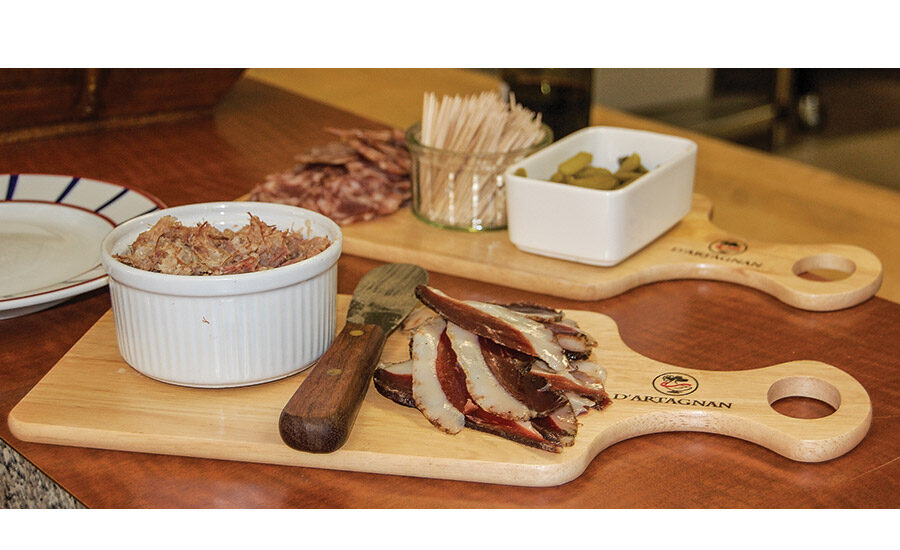
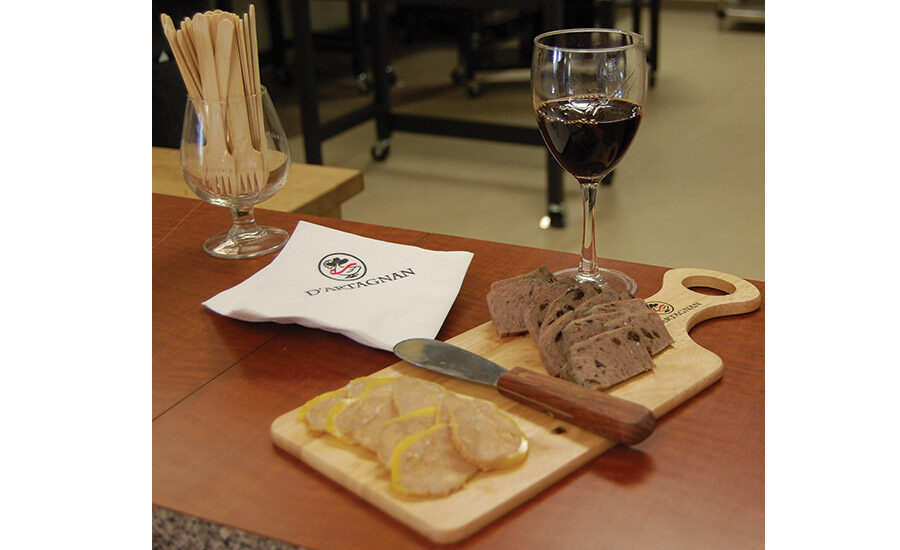
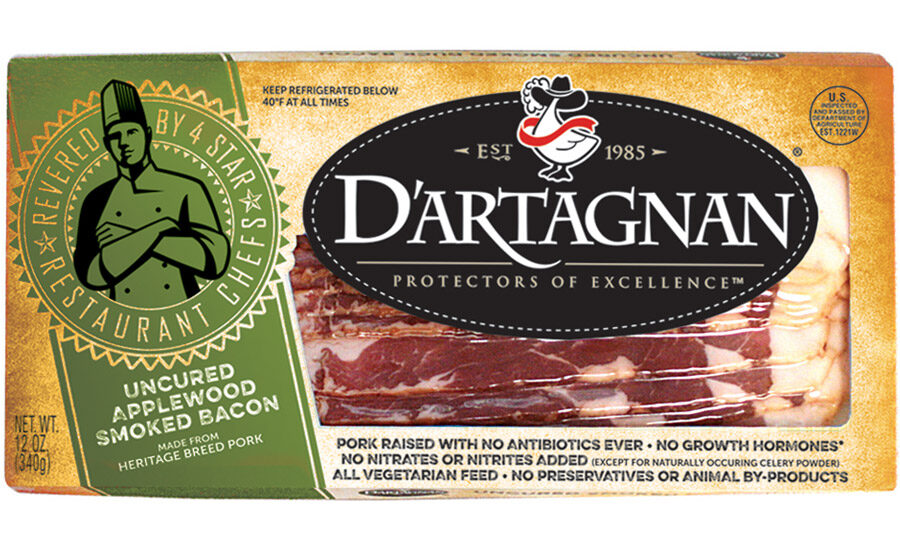
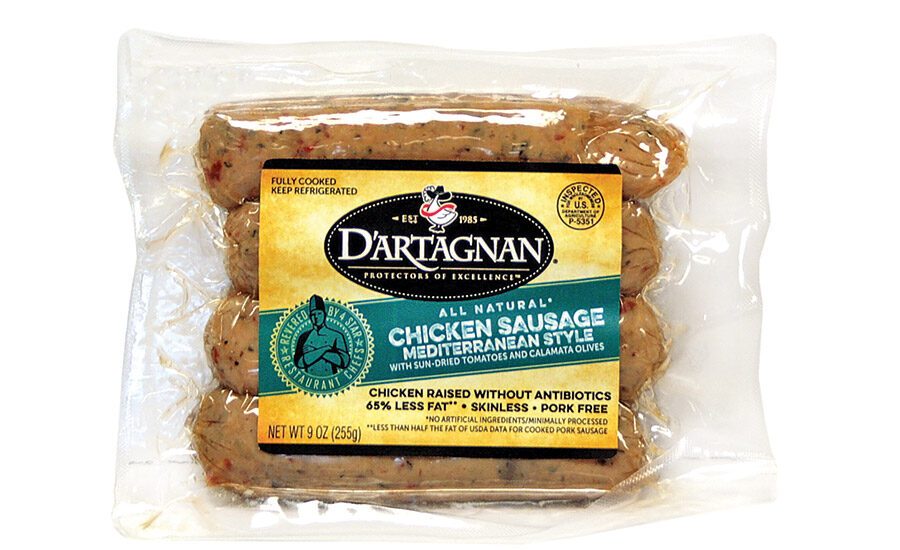
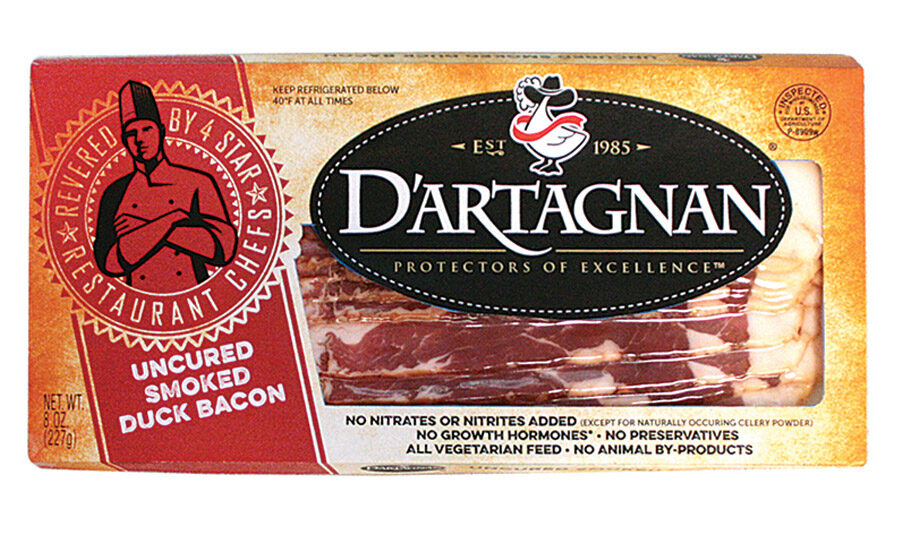
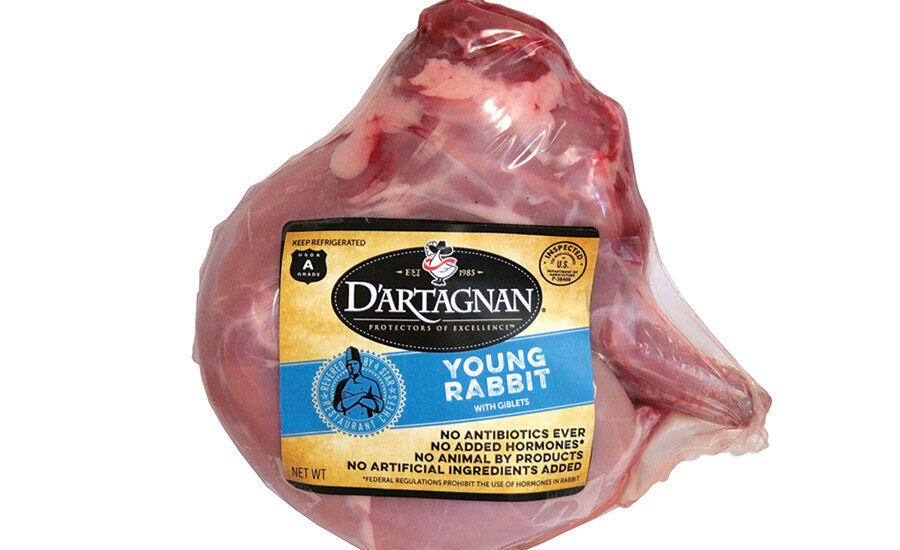
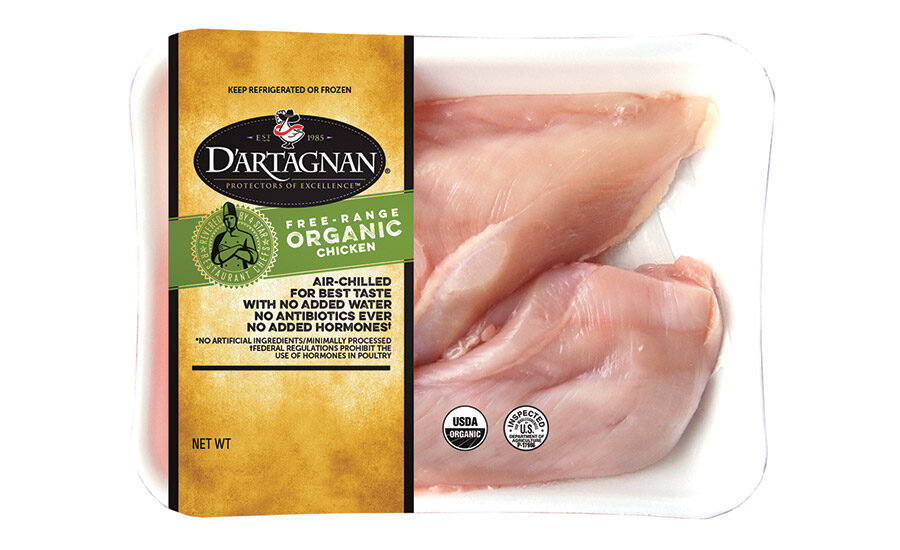

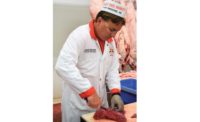

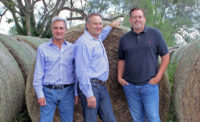
Report Abusive Comment